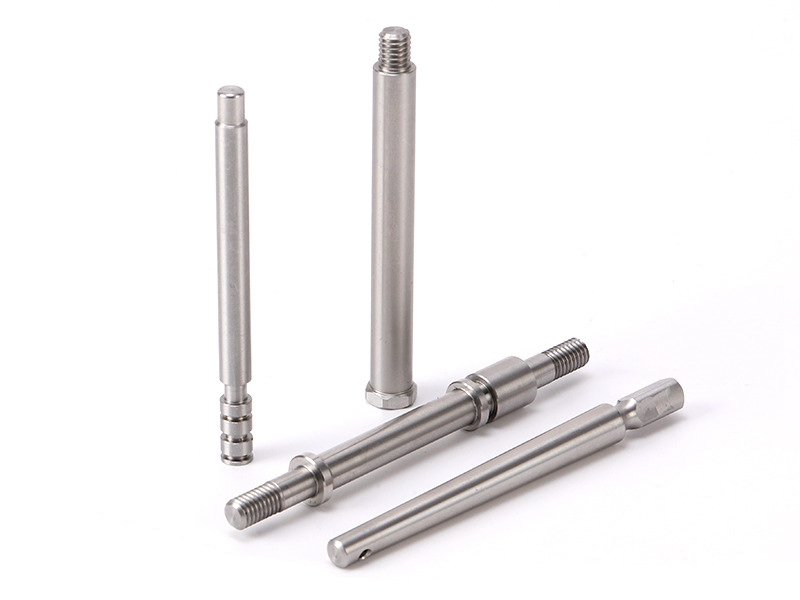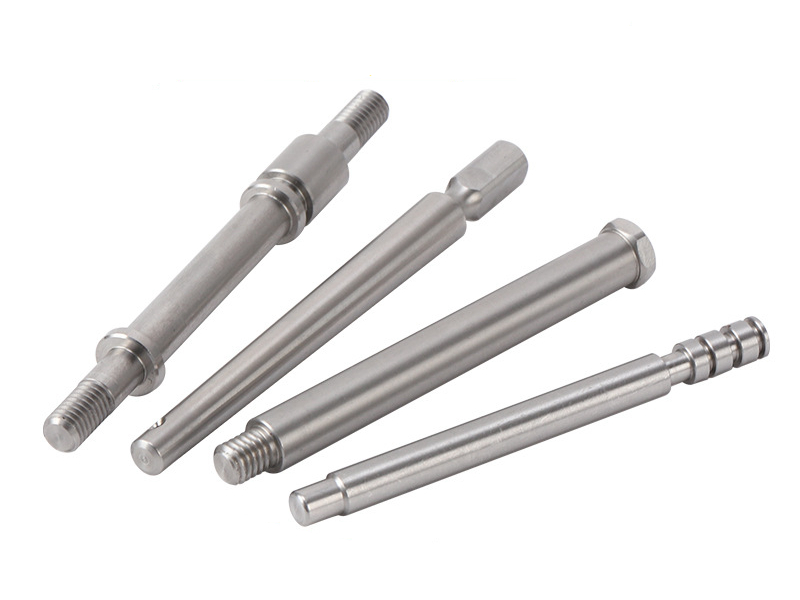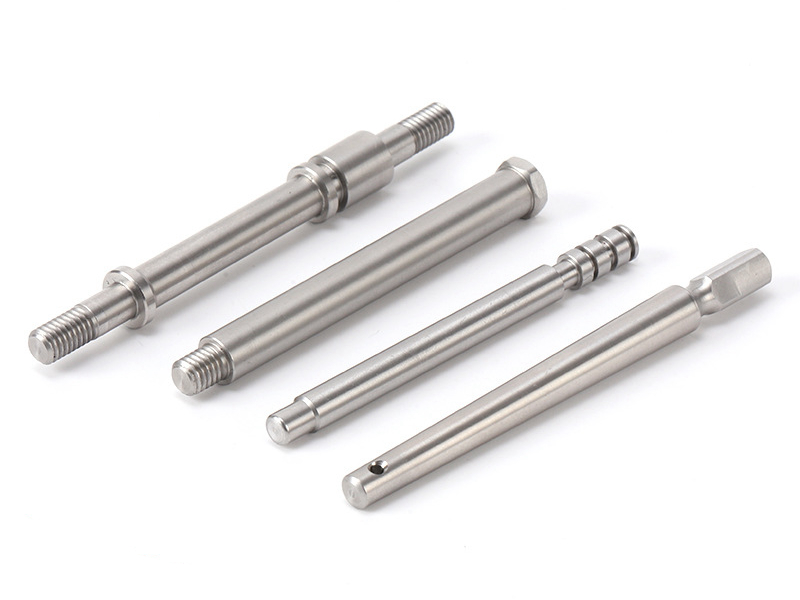CNC Turning Solutions for Industrial Dowel Pins Using 304 Stainless Steel
CNC Machining of Industrial Dowel Pins: Precision Shafts for Mechanical Integrity
Industrial dowel pins serve as alignment and load-bearing elements in heavy-duty equipment. These components demand tight tolerance, high surface integrity, and corrosion resistance. At Neway, we specialize in CNC turning services tailored for industrial equipment applications, producing custom dowel shafts from 304 stainless steel with guaranteed dimensional accuracy and material traceability.
With complete in-house passivation capabilities, our dowel pins meet the harsh environmental requirements of factory automation systems, actuators, and structural frames.

Why 304 Stainless Steel Is Ideal for Industrial Dowel Pins
Strength and Corrosion Resistance
304 stainless steel provides excellent yield strength (≥215 MPa) and corrosion resistance in typical industrial environments. It offers a cost-effective solution for exposed pins, locator shafts, and load couplers that operate under vibration, thermal cycling, and exposure to coolants or lubricants.
Stable Machinability and Finish Quality
304 stainless steel machines well under optimized conditions. With proper feed rates and carbide tooling, we achieve fine turned finishes (Ra ≤ 1.6 μm) with consistent concentricity—ideal for interference fits, precision bores, or linear bushings.


CNC Turning Process for Dowel Shaft Production
Tight Tolerance Shaft Machining
We perform turning operations on bar-fed lathes with part diameters typically ranging from Ø4 mm to Ø25 mm. Key tolerance controls include:
Outer diameter (OD): ±0.01 mm
Roundness: ≤0.005 mm
Surface finish: Ra 0.8–1.6 μm
This ensures proper press-fit or slip-fit engagement into housings and fixtures without secondary grinding.
Chamfering and Edge Breaks
We integrate chamfers, lead-in radii, or undercuts directly into the turning program, ensuring every part exits the machine ready for direct assembly or downstream processing.
Passivation Surface Treatment for Industrial Durability
To meet the corrosion resistance demands of industrial use, our dowel pins undergo controlled passivation processing in compliance with ASTM A967. This removes free iron from the surface, forming a uniform chromium oxide layer that protects against rust, oxidation, and chemical wear.
Free iron removal validated via copper sulfate test
Uniform passive film improves chemical resistance in oil, water, and pH-variable media
Batch-level traceability with material and process reports
Quality Assurance and Inspection Protocol
CMM inspection for shaft diameter, concentricity, and length
Surface roughness validation using contact profilometers
Full COC and raw material certification (EN 10204 3.1) upon request
Sampling and inspection per ISO 2859 or customer-specified standards
Why Choose Neway for CNC Machined Dowel Pins
Extensive experience in stainless steel CNC turning for industrial shaft components
High-precision turning centers with auto-feeding for continuous production
Passivation surface treatment integrated into workflow
Low-volume and mass production capability with flexible order scaling
One-stop quality control from material sourcing to packaging and delivery
Industrial CNC Services for Custom Dowel Shaft Projects
Neway offers a complete suite of CNC services to support custom industrial dowel pin manufacturing. Our capabilities include:
Stainless Steel CNC Turning: Precision machining of SUS304 shafts with full traceability
Passivation Services: For corrosion resistance and long-term performance
One-Stop CNC Production: Including rapid prototyping, validation, and batch production with consistent process control
Whether you need prototype samples or high-volume dowel pin delivery, we ensure machining precision and delivery reliability across every stage.
FAQs
What tolerance range can you maintain for CNC-turned dowel shafts?
Is ASTM A967 passivation included in the surface treatment process?
Can Neway provide both prototype and mass production quantities?
How is surface roughness controlled during CNC turning?
Are material and process certifications available for each delivery?
